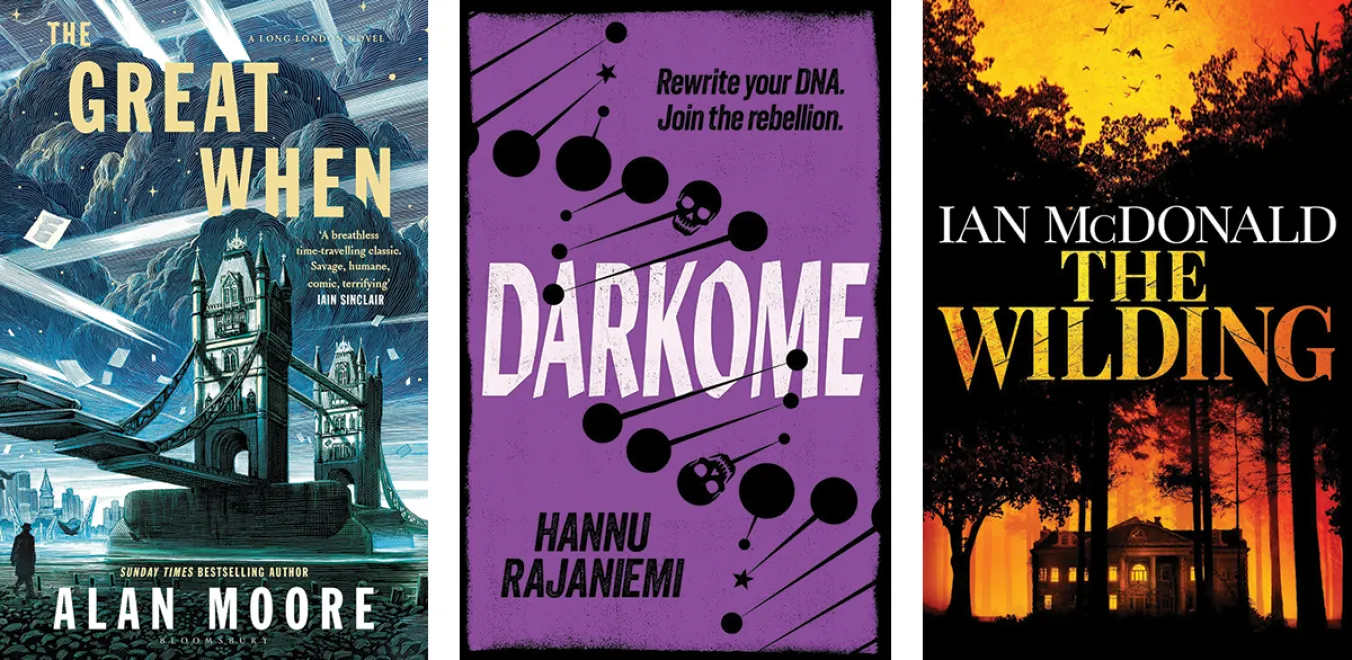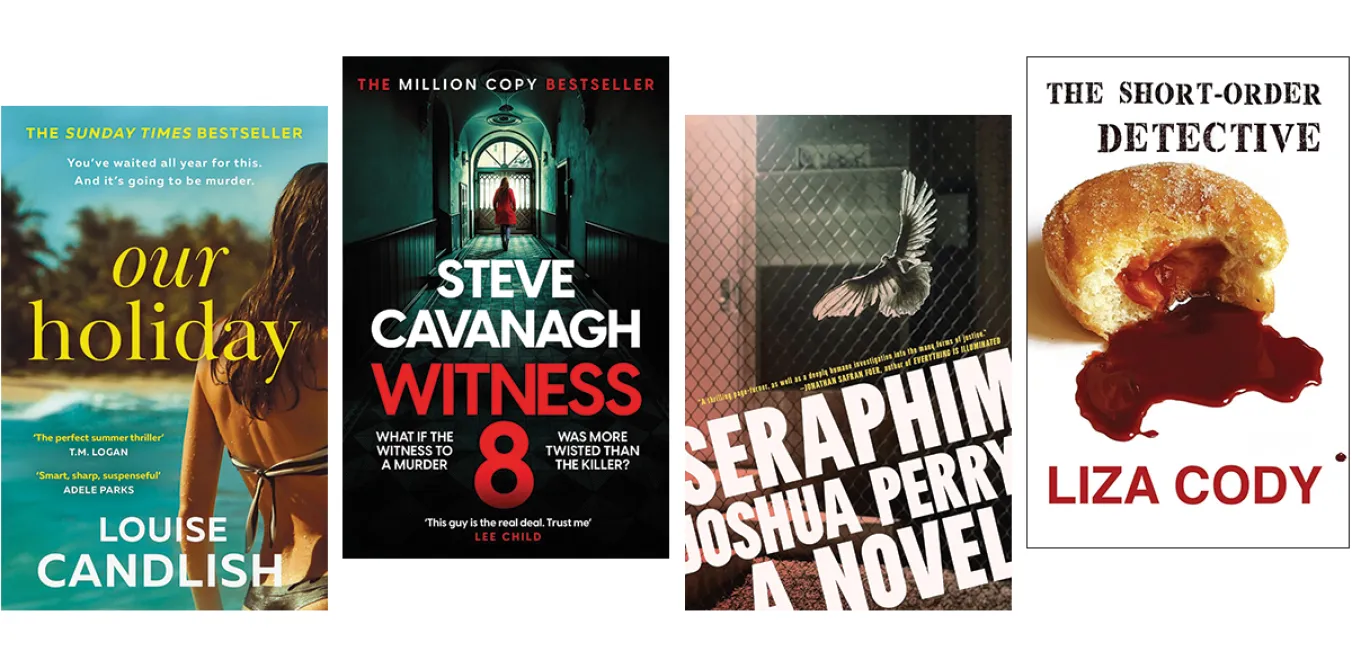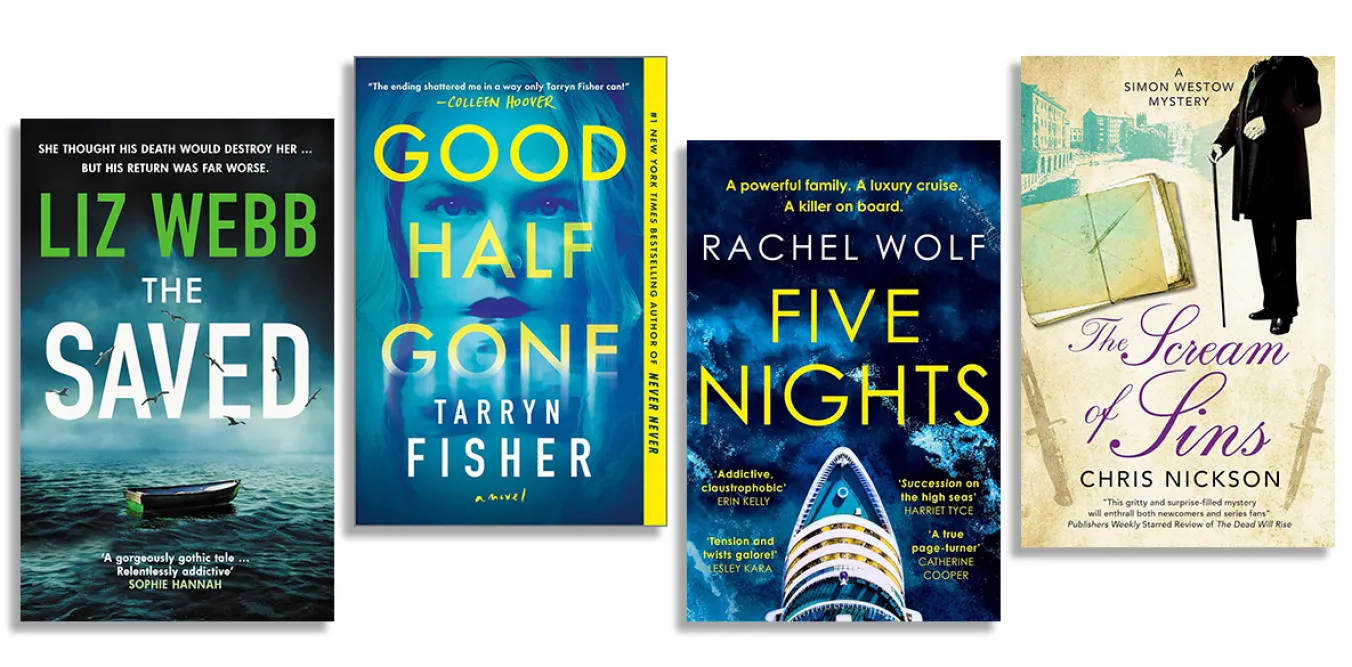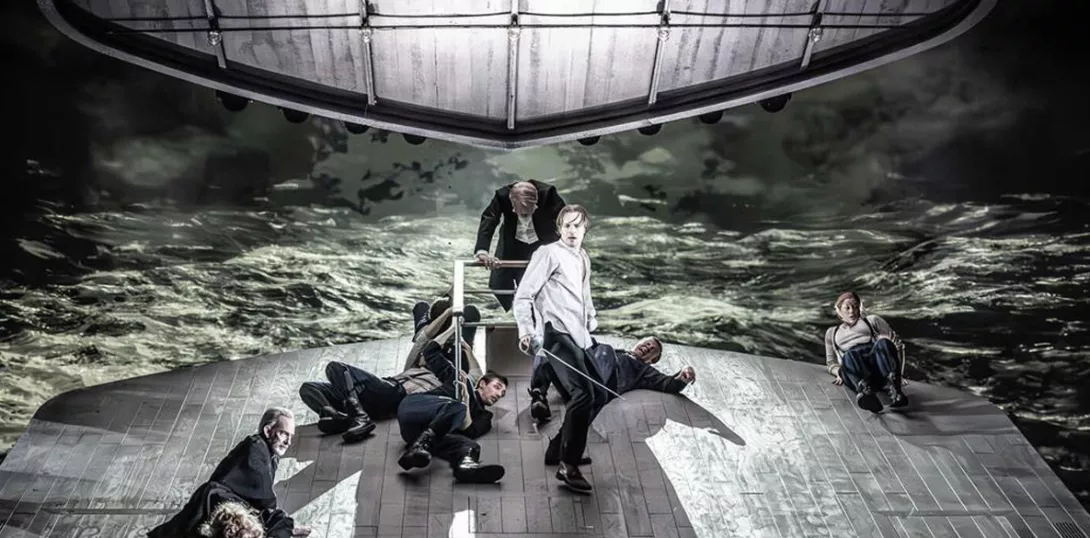GORDON PARSONS is bowled over by a skilfully stripped down and powerfully relevant production of Hamlet
Sci-fi reviews with Mat Coward: October 2024
From the conundrums of a parallel London to a rewilding project in rural Ireland via a disturbing post-plagues world mystery thrives

I’M NOT sure the Guild of Literary Critics include it in their list of approved descriptions, but really, “gorgeous” is the only word that makes sense of Alan Moore’s The Great When (Bloomsbury, £20).
It’s one of those lavish cakes of a book which is so full of plums — hilarious and horrific, touching and obscene, surreal and familiar — that you can’t help gorging yourself on it.
It belongs to the small but much-loved subgenre of “hidden London” fantasies, in which another version of the city overlaps or intersects with the one we know.
More from this author
MAT COWARD battles wayward pigeons in pursuit of a crop of purple sprouting broccoli
Despite his wealthy background and membership of a secretive aristocratic occult club, the radical politician forged an alliance with the working class to fight for democracy and free speech against the Georgian elite, writes MAT COWARD

MAT COWARD offers a roll call of refuseniks – some for political reasons, others for quirky reasons of their own

Charles Dickens was facing a return to the destitution that had blighted his childhood, and it was this which drove him to write the remarkable best-seller which changed the politics of Christmas forever, writes MAT COWARD
Similar stories

JOHN GREEN is frustrated by an ambitious novel that stretches the imagination to breaking point

As good a crime wave as any from southern England to Manhattan, New Orleans and then south London

Steampunk Victoriana, time travel and Martian nativism

Inverted cliches, undercover interns, cruising to murder, and gruesome leads in Leeds









